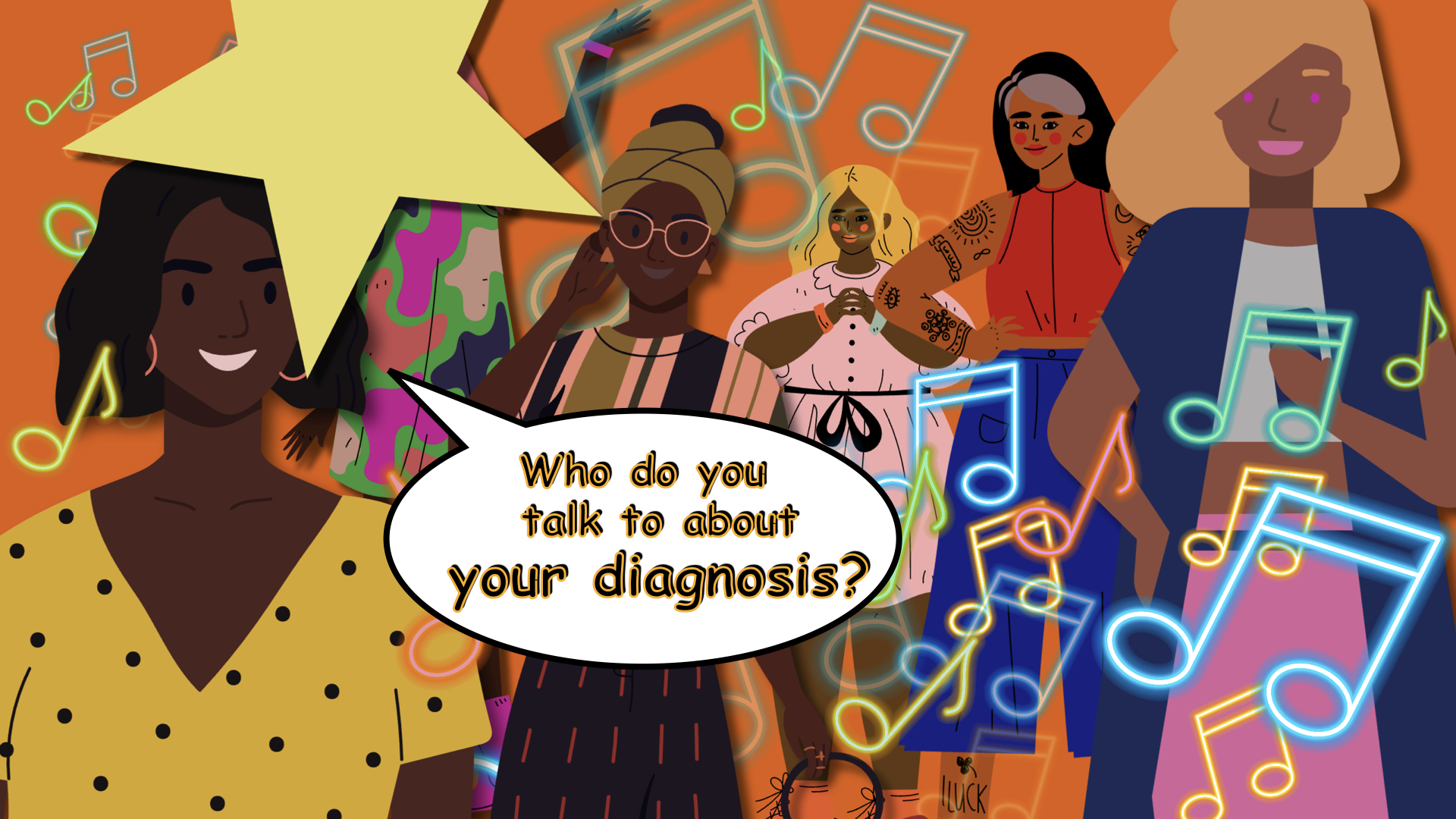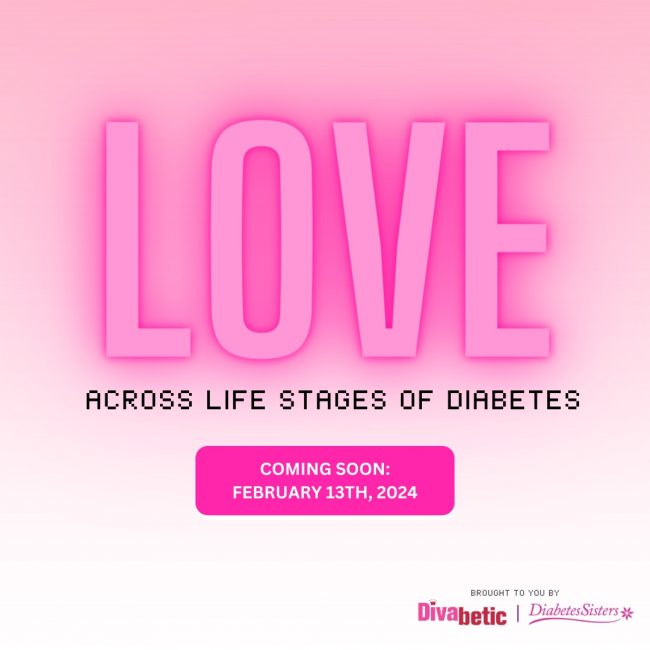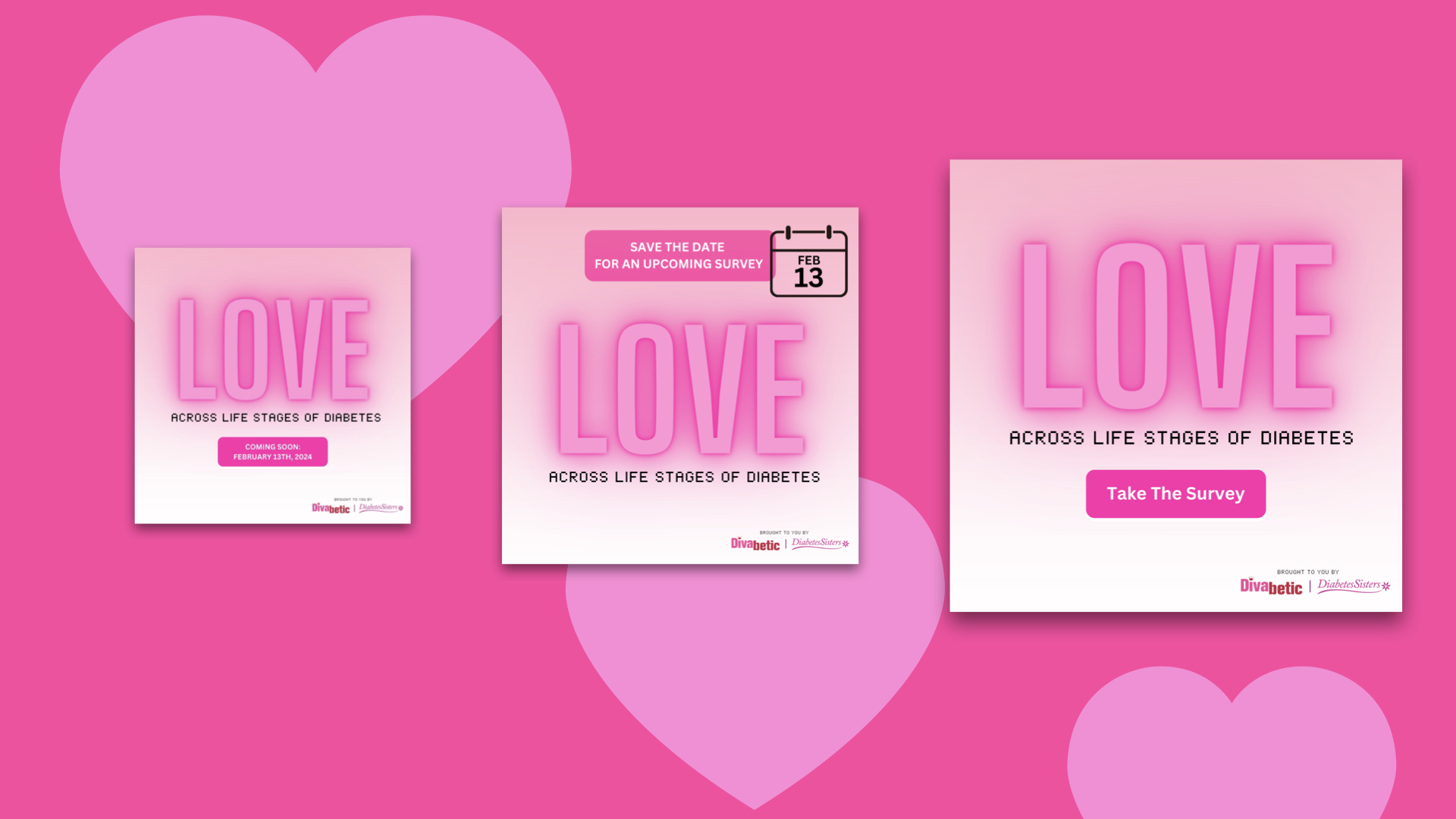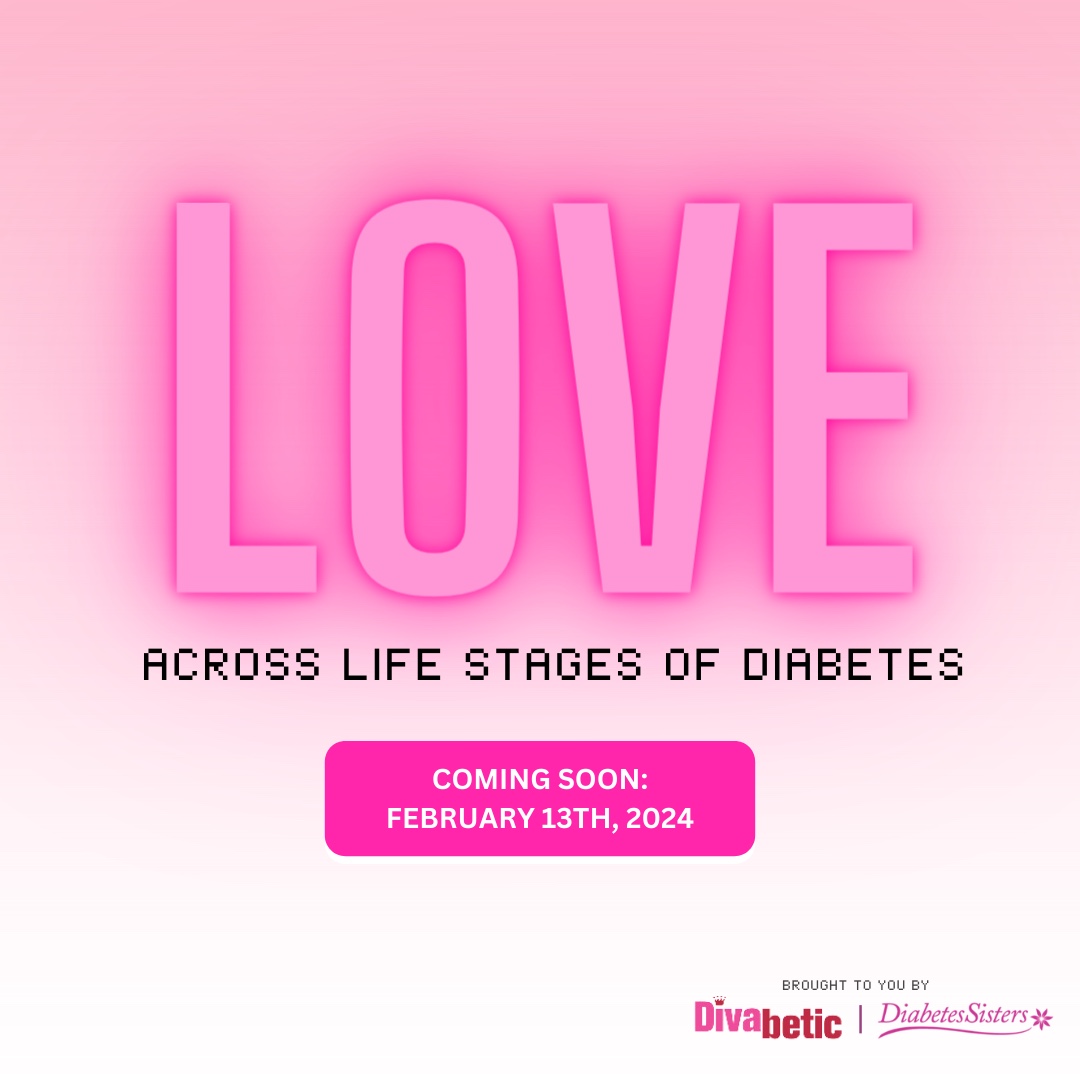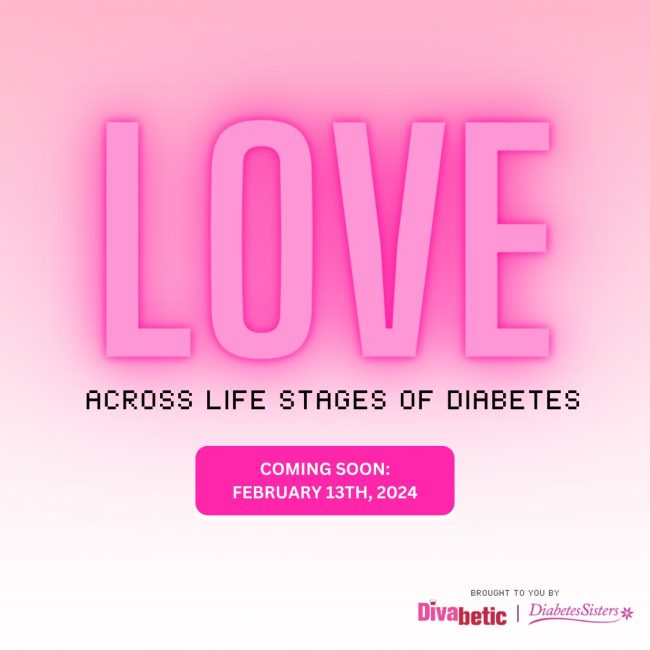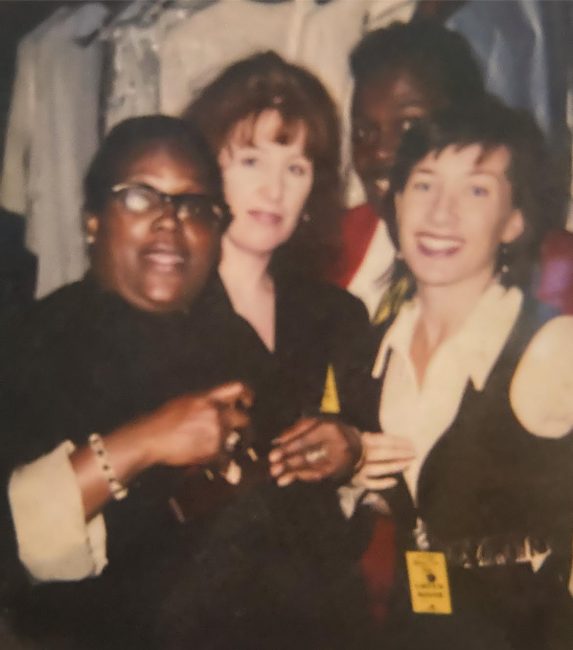The moment you wake up on Valentine’s Day and realize you wrote a love song!!!
STANDARDS is my homage to many of the greatest female vocalists of all time, who sang with their hearts on the Quiet Storm. Many of these icons’ personal and professional journeys hit close to home to my friends, vocalists Crystal Blackman Wilson and Penny Wilson.
I sent them my lyrics sheet and a recording of myself singing the melody. Penni called me a few days later and said she loved the song, but my vocal skills needed some TLC. Thankfully, Penni and Crystal got to work. They tweaked a few lyrics (Penni came up with the hook, and Crystal came up with the melody). Then, my friend Ivan Hampden Jr. jumped on it and built the song. It was an amazing collaboration. I feel so fortunate to work with talented people I greatly admire. Crystal, Penni, and Ivan bring to life my personal reflections and set them to music. My friend and graphic designer George Corsillo (who designed multiple album covers for Luther Vandross) designed the artwork.
“The women mentioned in the song are legends to my sister and me,” says Penni Wilson. “We grew up listening to Sarah Vaughan and idolized Etta James and Dionne Warwick. They inspired us to sing in the first place.”

Romantic relationships play an important role in our everyday lives. But when diabetes enters the picture, it can complicate even the most loving and open relationships. Divabetic’s e-book, “Sweet Romance: A Woman’s Guide To Love & Intimacy With Diabetes,” Dr. Janis Roszler PhD, LMFT, CDCES, LD/N, FAND, and Donna Rice MBA, BSN, RN, CDCES, FADCES is available on Amazon. Get Your Copy Today!
“Sweet Romance” Co-Authors Janis Roszler and Donna Rice offer advice on discussing your diabetes diagnosis as well as issues related to intimacy, fertility, and menopause,





